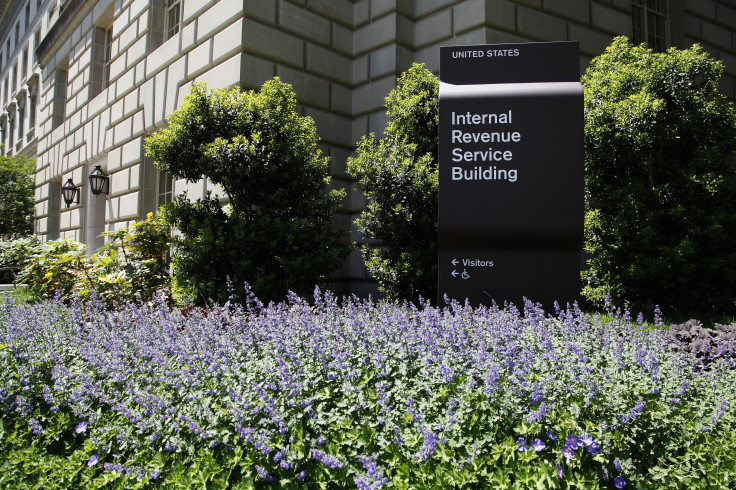IRS Tea Party Investigation: Partisan Bickering Takes Center Stage

The languishing tea party movement got a second wind in May when an inspector general’s report showed that the Internal Revenue Service had targeted conservative groups applying for tax-exempt status, igniting a political firestorm over whether the government was using the tax agency to go after President Barack Obama’s political enemies. As the Wall Street Journal reported Wednesday, money started to flow back into the coffers of tea party groups.
Meanwhile, Democrats and Republicans in Congress are at a standstill as the House Oversight and Government Reform Committee, led by California Republican Darrell Issa, continues to review the situation. The two sides are waging a drawn-out messaging war at this point over whether the IRS targeted tea party and conservative groups, or political groups on both sides.
So far, the committee has interviewed 22 IRS employees and expects to conduct more interviews. Committee spokesman Frederick Hill declined to say when another hearing would be held.
One still-unresolved issue is the fate of Lois Lerner, the head of the IRS tax-exempt organizations division who was placed on paid administrative leave after she attempted to plead the Fifth Amendment in a hearing on the alleged targeting in May. By invoking her right not to testify to avoid self-incrimination, Lerner gave Republicans more firepower to claim serious wrongdoing had occurred at the IRS. But Democrats maintain that there is no proof the division singled out only conservative groups or that Lerner ever acted out of political motivation. Regarding Lerner's status at the IRS, an agency spokesperson simply said that “federal privacy laws prohibit the IRS from commenting on any particular employee situation."
In mid-August, Issa's committee requested emails from Lerner’s personal account that involved IRS business and requested they be delivered to the committee by Aug. 27. According to Hill, the IRS is still in the process of handing over those emails. Lerner handed over relevant emails to the IRS, which is currently going over them to redact any personal taxpayer information. In general, the committee has been frustrated by what Hill said was the slow pace of document production by the IRS but will wait until it receives Lerner’s emails to determine whether they fulfill the request.
Whether Lerner will return to testify is still up in the air as well. The oversight committee voted that Lerner had, contrary to her efforts to invoke her Fifth Amendment rights, actually waived them by providing other testimony on the scandal. If she were called back to continue her testimony from May, the committee “expects” that she would oblige, Hill said.
At this point, Hill said the committee might be open to working out some sort of immunity agreement that would allow Lerner to testify. The committee hasn’t approached Lerner or her legal team about such a deal, but if Lerner’s attorneys reached out to the committee, Hill said, “we would be open to listening to them.” That's essentially the same position Republicans held nearly two months ago, when Lerner requested immunity from prosecution in early July in exchange for her testimony, at which point the committee said it was open to discussing a "limited immunity" agreement.
On the other side of the aisle, Democrats contend that the allegations of politically motivated targeting have been put to bed by evidence that progressive groups also received heightened scrutiny. Last week, Democrats on the House Ways and Means Committee released IRS documents showing that progressive groups, including successor groups to the now-defunct organizing group ACORN and members of the Emerge America network, were targeted too. Whereas tea party groups have had their applications delayed but not ultimately denied, Democrats point out that three state-level Emerge groups were the only ones to be denied tax-exempt status. Republicans counter that the IRS did treat conservative and liberal groups differently. Hill said the state-level Emerge groups were a specific case in which the IRS singled them out because some network member groups had already been given tax-free status years earlier, not because the IRS was scrutinizing progressive groups more broadly.
As the investigation drags on, both Republicans and Democrats have been releasing a steady drip of documents to prove their side of the story. That drip-drop of information is expected to continue. “Republicans were forced to retreat, and are now trying to salvage their botched investigation by cherry-picking evidence that suits the conservative narrative and simply ignoring half the story: that progressives were targeted along with conservatives,” said a Democratic aide familiar with the oversight process.
*This story has been updated.
© Copyright IBTimes 2024. All rights reserved.












